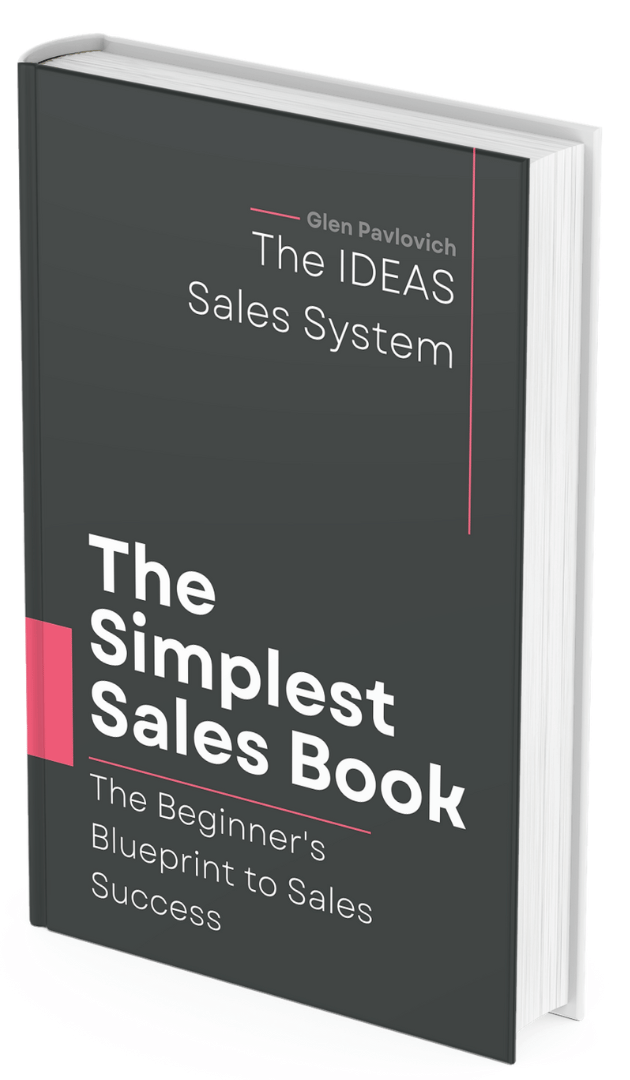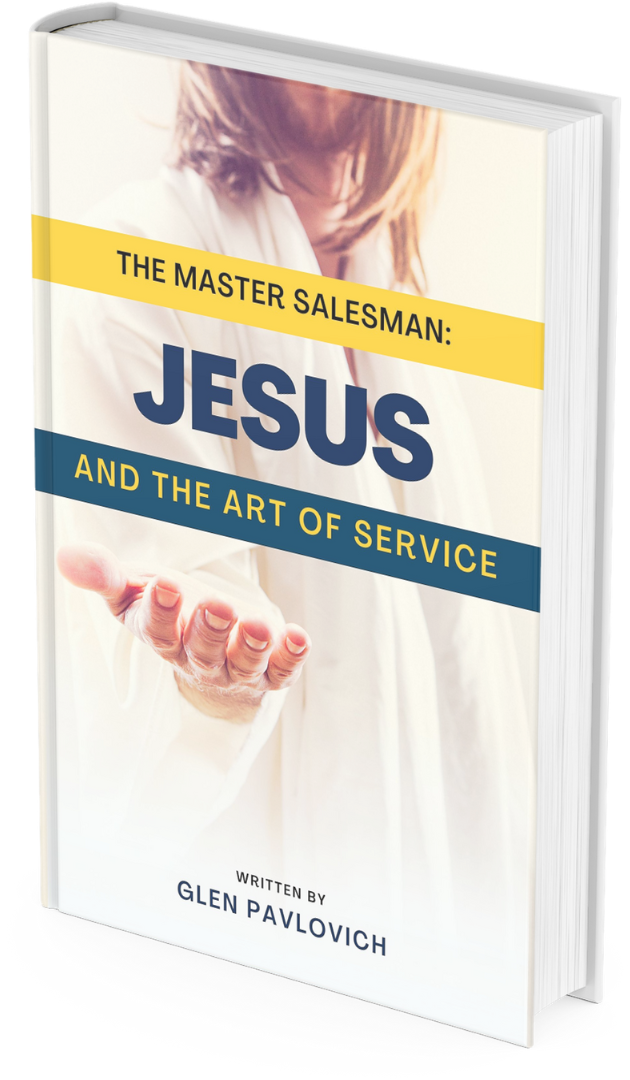The art of selling is not merely about closing deals, but about fostering genuine connections. For those in the sales industry, this means transcending surface-level conversations and diving deeper into the hearts and minds of customers. The age-old technique of Socratic questioning, which hails from the philosophical practices of ancient Greece, offers an invaluable method to achieve this.
Socratic questioning, named in honor of the philosopher Socrates, is a methodical practice that challenges superficial answers. Instead of accepting statements without scrutiny, it promotes critical thinking by prodding assumptions and unveiling underlying principles. When you think of successful salespeople, you might envision individuals with the gift of the gab. But it’s not about who speaks the most; it’s about who asks the most thought-provoking questions and genuinely listens to the answers.
In the domain of sales, this approach invites customers to ponder their desires, needs, and motivations more profoundly. Let’s say, for instance, a customer is looking for a new car. Rather than merely inquiring about the make or model they desire, a salesperson trained in Socratic questioning might probe deeper: “What is it about this car that appeals to you? How do you think this car would enhance your daily life? What emotions or memories does it evoke?” Such questions do more than gather information; they reveal the heart of a customer’s desires, providing invaluable insights that can guide the evaluation process.
And isn’t this depth of understanding precisely what the great Master Salesman, Jesus, demonstrated during His time on earth? Consider, for instance, His interaction with the Pharisees concerning the most significant commandment in the Law. In response to their query, Jesus didn’t just present an answer; He shared an insightful truth that required reflection. “And he said to him, ‘You shall love the Lord your God with all your heart and with all your soul and with all your mind. This is the great and first commandment. And a second is like it: You shall love your neighbor as yourself. On these two commandments depend all the Law and the Prophets.'” (Matthew 22:37-40 ESV). This response was not a simple answer but an invitation to a deeper realm of comprehension, epitomizing the spirit of Socratic questioning.
Utilizing this technique in sales means asking more profound questions and actively listening, ready to delve even deeper based on a customer’s response. It’s about mutual exploration, not leading someone towards a preset answer. This method aligns with principles of compassion, empathy, and wisdom—values espoused not just in business but in Scripture.
Incorporating the Socratic questioning approach is in harmony with my teachings around the IDEAS Sales System, especially the ‘EVALUATING’ phase. Deep evaluation requires us to understand what the customer is genuinely expressing. Also, the foundation of the Triad of Belief is belief in one’s industry, product, and oneself. In the life of Jesus, His ‘industry’ was the Kingdom of God. His ‘product’ was the eternal salvation of souls, and His self-belief, although human, was unshakeable. By embracing Socratic questioning, we are aligning with Jesus’ method of transferring beliefs—a method that led to Him becoming the most influential figure in history.
To conclude, Socratic questioning is not merely a tool for salespeople but a philosophical approach to life, encouraging us to seek more in-depth insights and shared understanding. Just as this method is as pertinent today as it was during the times of Socrates and Jesus, the principles I’ve outlined in my book, The Master Salesman: Jesus and the Art of Service, echo this timeless wisdom. For those committed to genuine connection and effective selling, understanding and implementing this method can make all the difference.
For those who find these teachings align with their personal or professional journey, and wish to delve deeper into such techniques, Closer Classes offers one-on-one training and coaching, designed to enhance your sales skills and personal development.
The customer is ready to buy. He needs you to help him believe.
Article Summary
Embracing Socratic questioning in sales leads to a deeper understanding of customer needs. This method, aligning with Jesus’ approach, fosters genuine connections and encourages sellers to probe beyond the surface, offering solutions that resonate deeply with customers. It’s a timeless approach that has transformative power in the art of selling.













